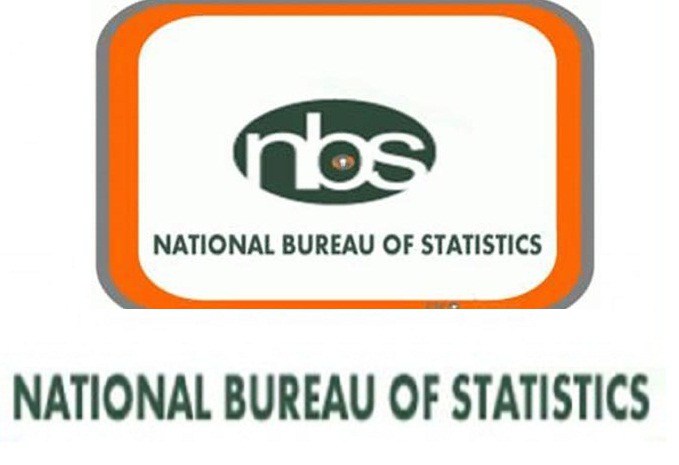Nigeria’s inflation rate dropped from 11.37 percent recorded in January to 11.31 percent in February 2019, the National Bureau of Statistics (NBS) reported.
The decline represents 0.06 percent points against the rate recorded in January, the second consecutive drop in 2019.
In its “CPI and Inflation Report’’ for February 2019 released in Abuja on Friday, the Bureau said the figure was 0.74 percent points lower than the rate recorded in January 2019.
Increases were recorded, according to NBS, in all consumption that yielded the headline index.
“On a month-on-month basis, the Headline index increased by 0.73% in February 2019, this is 0.01% rate lower than the rate recorded in January 2019 (0.74%)
“The percentage change in the average composite CPI for the twelve months period ending February 2019 over the average of the CPI for the previous twelve months period was 11.56%, showing 0.24% point from 11.80% recorded in January 2019.
“The urban inflation rate increased by 11.59% (year-on-year) in February 2019 from 11.66% recorded in January 2019, while the rural inflation rate increased by 11.05% in February 2019 from 11.11% in January 2019,” the report states.
This means that the general level of prices of goods and services slowed in the February. Its effects are mostly on the purchasing power, loan repayment and country’s exchange rate through depreciation.
While eyeing a single digit inflation rate, the Central Bank of Nigeria (CBN) has held key lending rates at a record high 12 percent to tame rising inflation and support the naira.
As the tenure of Godwin Emefiele, the CBN governor expires in June this year, it is uncertain if he is not re-appointed whether the monetary policy will be stable to tame the inflationary trend.

